Blogs
Filter by...
-
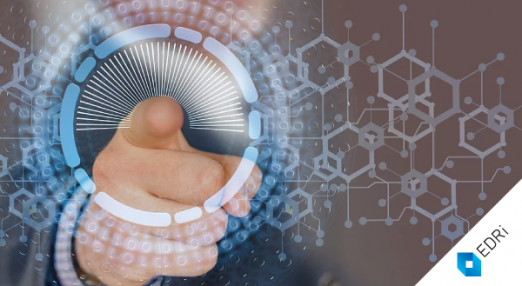
Double legality check in e-evidence: Bye bye “direct data requests”
After having tabled some 600 additional amendments, members of the European Parliament Committee on Civil Liberties (LIBE) are still discussing the conditions under which law enforcement authorities in the EU should access data for their criminal investigations in cross-border cases. One of the key areas of debate is the involvement of a second authority in […]
Read more
-
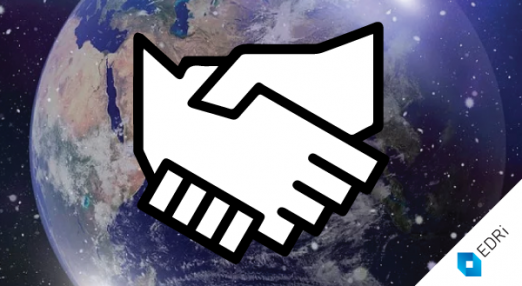
Data protection safeguards needed in EU-Vietnam trade agreements
On 12 February 2020, the European Parliament gave consent for the ratification of the EU-Vietnam trade and investment agreements. The trade agreement contains two cross-border data flow commitments. The related data protection safeguards in this agreement are similar to the ones in the EU-Japan agreement, which entered into force in February 2019. Civil society organisations […]
Read more
-

Digitalcourage fights back against data retention in Germany
On 10 February 2020, EDRi member Digitalcourage published the German government’s plea in the data retention case at the European Court of Justice (ECJ). Dated 9 September 2019, the document from the government explains the use of retained telecommunications data by secret services, the question whether the 2002 ePrivacy Directive might apply to various forms […]
Read more
-
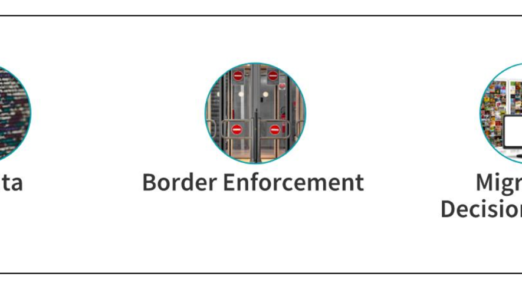
The human rights impacts of migration control technologies
This is the first blogpost of a series on our new project which brings to the forefront the lived experiences of people on the move as they are impacted by technologies of migration control. The project, led by our Mozilla Fellow Petra Molnar, highlights the need to regulate the opaque technological experimentation documented in and […]
Read more
-
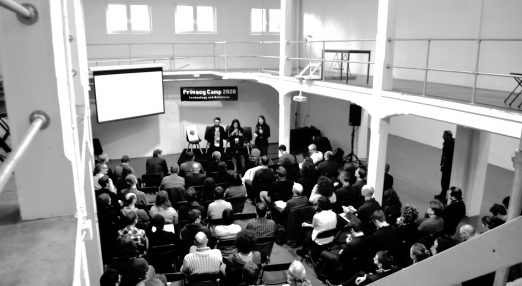
#PrivacyCamp20 happened
Read more
-

Stalked by your digital doppelganger?
In this fourth installment of EDRi’s facial recognition and fundamental rights series, we explore what could happen if facial recognition collides with data-hungry business models and 24/7 surveillance.
Read more
-

CJEU to decide on processing of passenger data under PNR Directive
On 20 January 2020, the District Court of Cologne, Germany, submitted to the Court of Justice of the European Union (CJEU) the question whether the European Passenger Name Record (PNR) Directive violates fundamental rights. EDRi member Gesellschaft für Freiheitsrechte (GFF, Society for Civil Rights) initiated the proceedings against the directive, which allows for authorities to […]
Read more
-
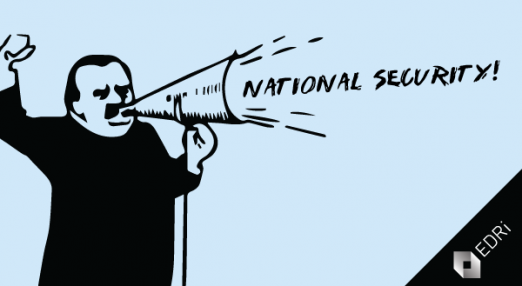
Data retention: “National security” is not a blank cheque
On 15 January, Advocate General (AG) Campos Sánchez-Bordona of the Court of Justice of the European Union (CJEU) delivered his opinions on four cases regarding data retention regimes in France, Belgium and the UK, in the context of these Members States’ surveillance programmes.
Read more
-
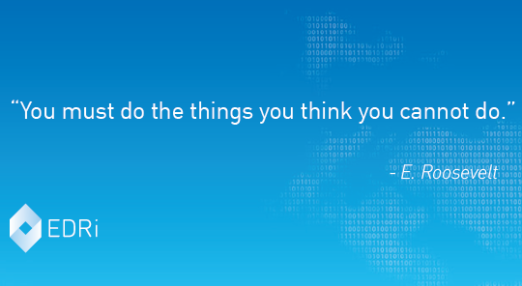
2020: Important consultations for your Digital Rights!
Public consultations are an opportunity to influence future legislation at an early stage, in the European Union and beyond. They are your opportunity to help shaping a brighter future for digital rights, such as your right to a private life, data protection, or your freedom of opinion and expression.
Read more
-

Amazon’s Rekognition shows its true colors
EDRi member Bits of Freedom has been investigating the problems associated with the use of facial recognition by the police in the public space. As part of this investigation they wanted to put this technology to the test themselves. How does facial recognition technology really work? Digital tourism On Dam Square, in the center of […]
Read more
-
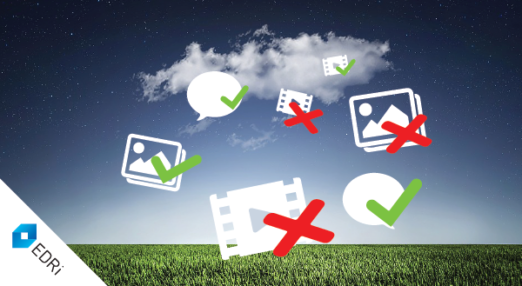
Copyright stakeholder dialogues: Filters can’t understand context
On 16 December 2019, the European Commission held the fourth meeting of the Copyright Directive Article 17 stakeholder dialogues. During the “first phase”, meetings focused on the practices in different industries such as music, games, software, audiovisual and publishing. This meeting was the last of what the Commission called the “second phase”, where meetings were […]
Read more
-

ECtHR demands explanations on Polish intelligence agency surveillance
The European Court of Human Rights (ECtHR) has demanded the Polish government to provide an explanation on surveillance by its intelligence agencies. This is a result of complaints filed with the Strasbourg court in late 2017 and early 2018 by activists from EDRi member Panoptykon Foundation and Helsinki Foundation for Human Rights as well as […]
Read more
